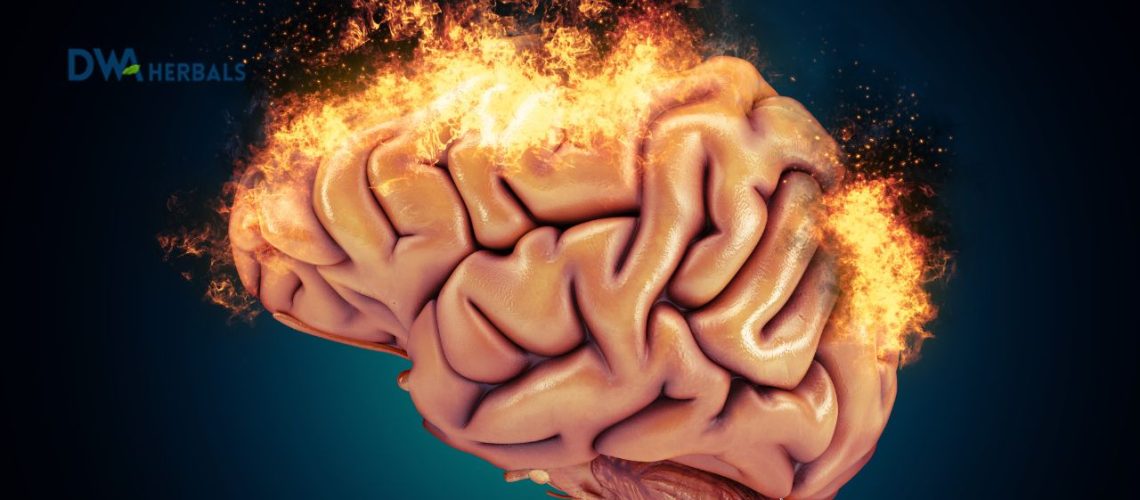
Addiction, a term that often stirs a mix of curiosity and concern, is a complex phenomenon that goes beyond a mere lack of willpower. In recent years, the idea that addiction is a “brain disease” has gained prominence. But what does that really mean?
At its core, addiction involves the compulsive and uncontrollable craving for a substance or behavior despite its negative consequences. It could be drugs, alcohol, gambling, or even certain activities like gaming or shopping. The key is that it becomes challenging for an individual to quit, and the pursuit of that substance or behavior takes precedence over other aspects of life.
When we label addiction as a “brain disease,” we’re acknowledging the profound impact it has on the brain’s structure and function. The brain’s reward system, responsible for pleasure and reinforcement, gets hijacked by addictive substances or behaviors. This leads to changes in the brain’s wiring, making the person more susceptible to continued use despite adverse effects.
The brain communicates through chemicals called neurotransmitters. In addiction, substances like drugs flood the brain with dopamine, a neurotransmitter associated with pleasure and reward. Over time, the brain adapts to this excess dopamine, reducing its sensitivity. As a result, more of the addictive substance or behavior is needed to experience the same level of pleasure, creating a cycle of dependence.
Genetics also play a role in addiction. Some individuals may have a genetic predisposition that makes them more vulnerable to developing addictive behaviors. However, having a genetic risk doesn’t guarantee addiction; environmental factors and personal choices contribute significantly.
Understanding addiction as a brain disease doesn’t diminish personal responsibility, but it emphasizes the need for a comprehensive approach to treatment. Behavioral therapies, counseling, and support groups are crucial in addressing both the psychological and neurological aspects of addiction. Medications may also be used to help restore balance in the brain and manage cravings.
Viewing addiction as a brain disease is a step toward breaking the stigma associated with it. It’s not a moral failing but a medical condition that requires empathy, understanding, and support. By approaching addiction with a holistic perspective, we can foster a more compassionate and effective response to this challenging issue.
In conclusion, while addiction’s roots are deeply entwined with brain changes, it’s essential to recognize the multifaceted nature of this phenomenon. By combining medical understanding with empathy, we can work towards effective strategies for prevention, intervention, and recovery.
Dr Sushil is a researcher and founder of D WA Herbals with objective of providing healthy longevity to society. His aim is to develop food and drink-based products by using the inherent qualities of traditional herbs by optimizing their effect through modern technology, making our products extremely user-friendly. The research is focused on various lifestyle issues such as anxiety, stress, metabolism, digestion, immunity and may more which impact the health and lifestyle.
© 2023 DWA HERBALS. All Rights Reserved. Designed by NXlogy